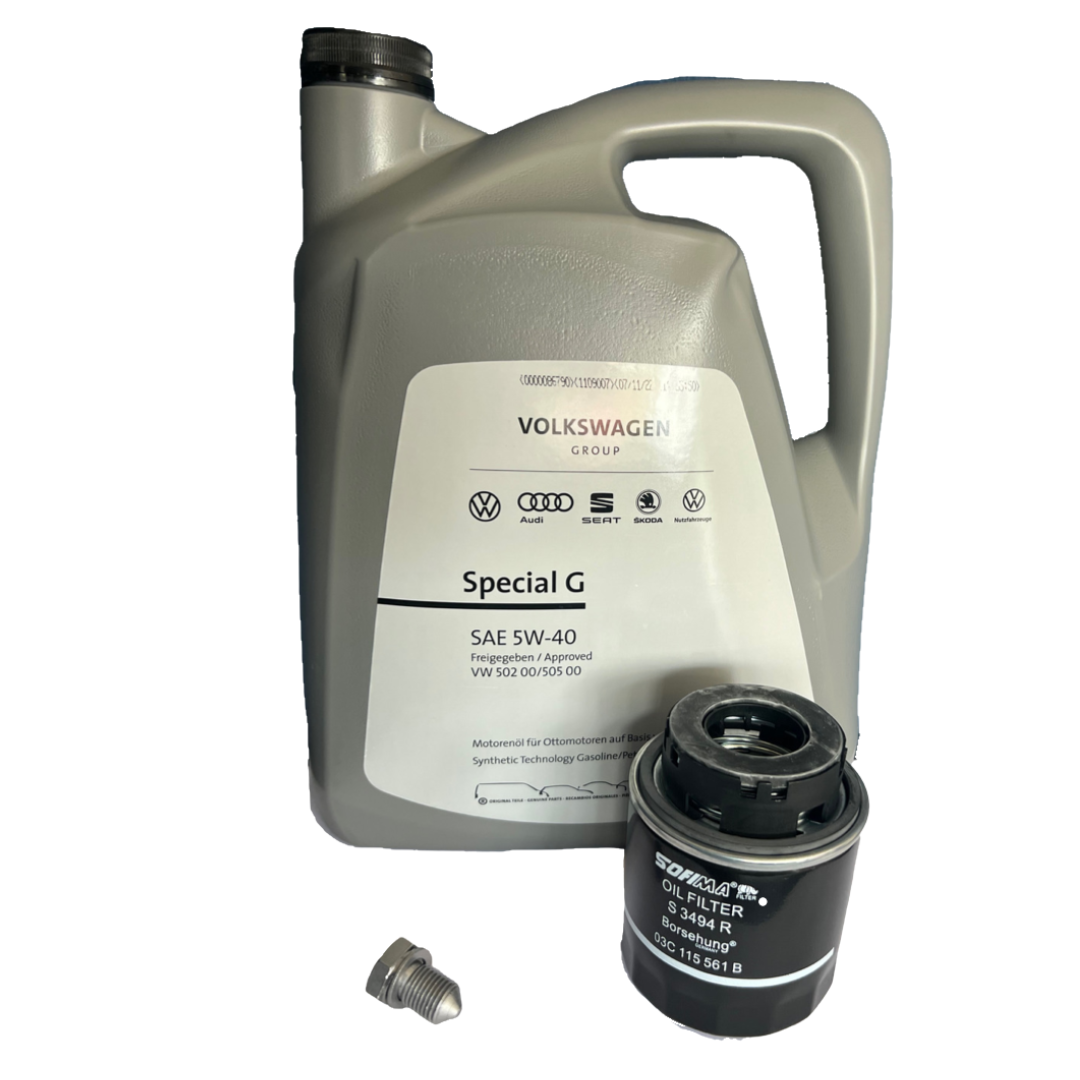Improve productivity with a powerful clp engine.
Improve productivity with a powerful clp engine.
Blog Article
The Duty of a Clp Engine in Revolutionizing Engine Performance and Sustainability
The development of CLP engine innovation provides a critical minute in the vehicle market, where efficiency and sustainability assemble in unmatched means. By optimizing burning processes and permitting for dynamic adjustments in compression proportions, these engines not just guarantee boosted gas performance and lowered exhausts however also challenge traditional design standards.
Understanding CLP Engine Technology
As the automotive market continually seeks ingenious options to enhance efficiency and efficiency, recognizing CLP engine technology becomes crucial. The term CLP stands for Compression-Low Stress, an innovative engine design that concentrates on maximizing combustion procedures and minimizing exhausts. This modern technology operates by maintaining a low-pressure environment within the combustion chamber, which promotes a more total gas melt and minimizes unburned hydrocarbons.
Among the key features of CLP engine modern technology is its capability to adjust the compression proportion dynamically. This adaptability allows the engine to operate effectively across numerous driving problems, improving gas economy while simultaneously improving power result. In addition, CLP engines utilize advanced materials and layout principles to decrease weight and thermal losses, further contributing to total efficiency.
Moreover, the assimilation of digital control systems plays a vital role in taking care of the engine's efficiency parameters. These systems enable real-time adjustments to ignition timing and gas injection, optimizing combustion for both power and performance. By understanding CLP engine innovation, stakeholders in the automobile sector can much better appreciate its capacity in driving the future of engine layout, efficiency, and sustainability.
Efficiency Enhancements Offered
CLP engine technology delivers significant performance improvements that establish it besides typical engine designs. Among the primary benefits of CLP engines is their capability to run effectively throughout a wider range of rates and tons. This versatility converts right into improved torque distribution and velocity, providing a more receptive driving experience.
Furthermore, the innovative burning process utilized in CLP engines maximizes fuel-air blending, causing higher thermal effectiveness. This enhancement not just optimizes power result yet additionally minimizes power loss, resulting in an engine that performs better under various conditions.
In addition, the modular design of CLP engines permits simpler integration with crossbreed systems, magnifying their performance capacity - clp engine. This adaptability allows suppliers to develop lorries that cater to customer requirements without compromising dexterity or power
The precision design associated with CLP technology also adds to lower rubbing and wear, enhancing engine long life and lowering the regularity of upkeep. Generally, these performance enhancements setting CLP engines as a leading choice in the quest of high-performance, dependable, and versatile engine services.
Ecological Benefits of CLP Engines
One of the most compelling advantages of CLP engines depends on their environmental advantages, which are progressively critical in today's auto landscape. These engines are created to optimize gas performance, substantially lowering carbon exhausts contrasted to standard combustion engines. By using sophisticated combustion methods and ingenious materials, CLP engines advertise cleaner exhaust results, contributing to enhanced air top quality.
In addition, the reduction in gas usage not only causes lower greenhouse gas exhausts but also conserves useful natural resources. As nonrenewable fuel source gets dwindle, the shift in the direction of CLP innovation stands for a tactical relocation towards sustainability. The engines are usually compatible with alternate fuels, even more enhancing their eco-friendly charm and allowing for a varied energy profile.
Additionally, the light-weight layout of CLP engines aids lower car weight, which in turn decreases the energy required for propulsion. This results in lower functional power consumption and a reduced ecological impact. In recap, CLP engines stand at the leading edge of efforts to mitigate climate adjustment and promote sustainable methods in the auto industry, symbolizing a future where performance and environmental duty are not equally unique.
Comparison With Typical Engines
While typical engines have lengthy controlled the auto market, the intro of CLP innovation offers a substantial change in performance and performance. Conventional inner burning engines largely count on fuel burning, which not just restricts thermal effectiveness but also adds to higher emissions. On the other hand, CLP engines utilize advanced thermal administration and a special burning process, improving gas performance and dramatically reducing greenhouse gas exhausts.
In addition, traditional engines operate set power curves, which can prevent efficiency in varying driving problems. CLP engines, nevertheless, are created to adapt their performance dynamically, offering optimal power delivery based on real-time demands. This versatility leads to improved velocity, responsiveness, and general driving experience.
Upkeep additionally varies substantially; conventional engines commonly call for frequent oil adjustments and part substitutes due to damage. clp engine. CLP engines, with less moving parts, assure reduced upkeep needs and longer functional life expectancies

Future Leads and Innovations
As the auto landscape develops, the future of engine modern technology is significantly concentrated on developments that enhance efficiency and sustainability. The Clp engine, with its special design and operational effectiveness, is positioned to play a critical function in this change. Future advancements might entail developments in materials science, allowing the building and construction of lighter and a lot more durable parts, therefore lowering overall vehicle weight and improving gas effectiveness.
Furthermore, the integration of artificial intelligence and device learning into engine monitoring systems is anticipated to maximize efficiency dynamically, permitting real-time changes based upon driving problems. These innovations can even more decrease emissions and boost power utilization.
Additionally, research right into alternative gas, including hydrogen and biofuels, presents interesting possibilities for Clp engines, lining up efficiency with environment-friendly initiatives. clp engine. As regulatory structures come to be more stringent, the fostering of such technologies will be essential in attaining sustainability goals without jeopardizing power
Conclusion

Report this page